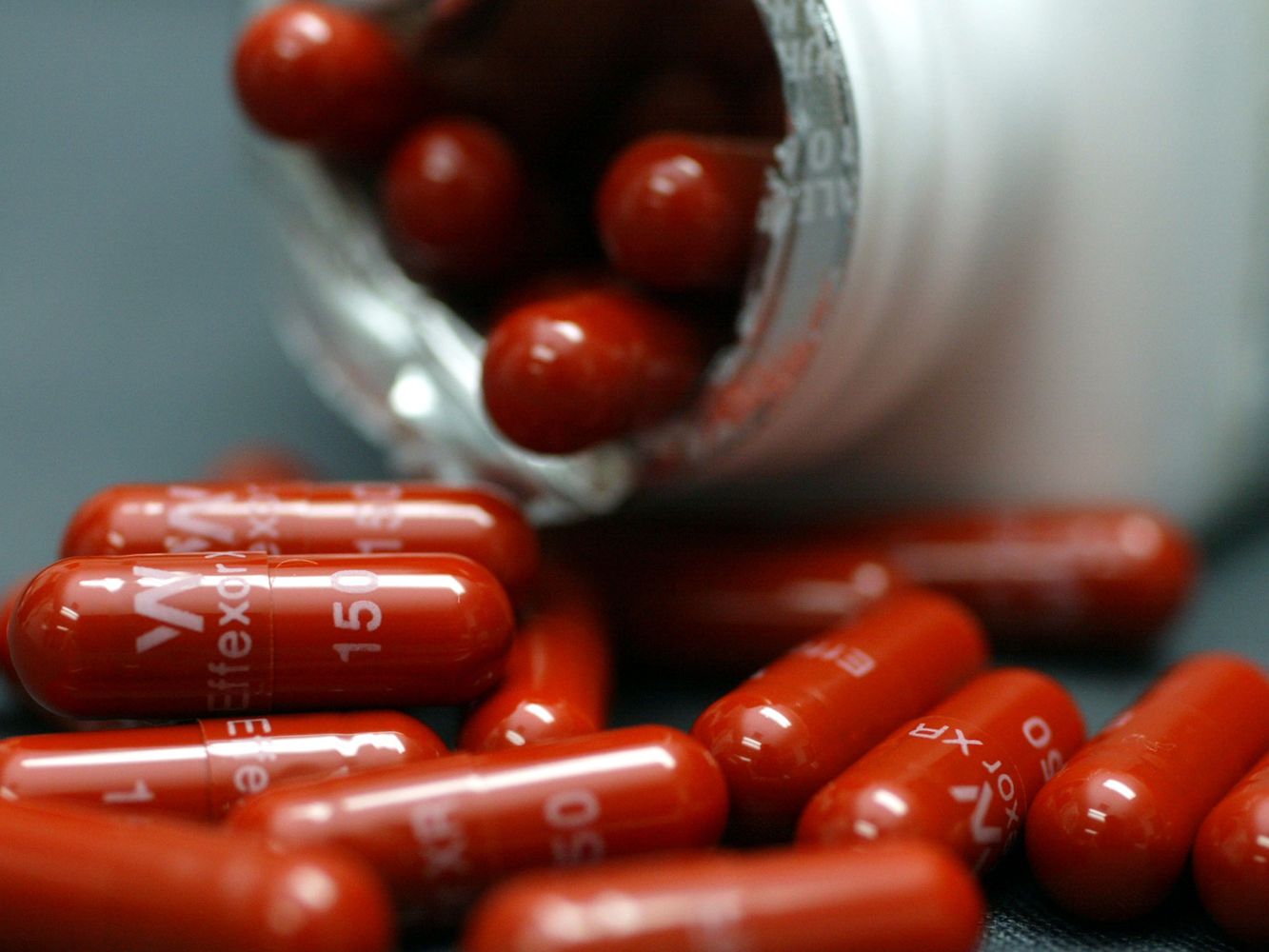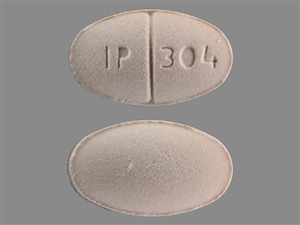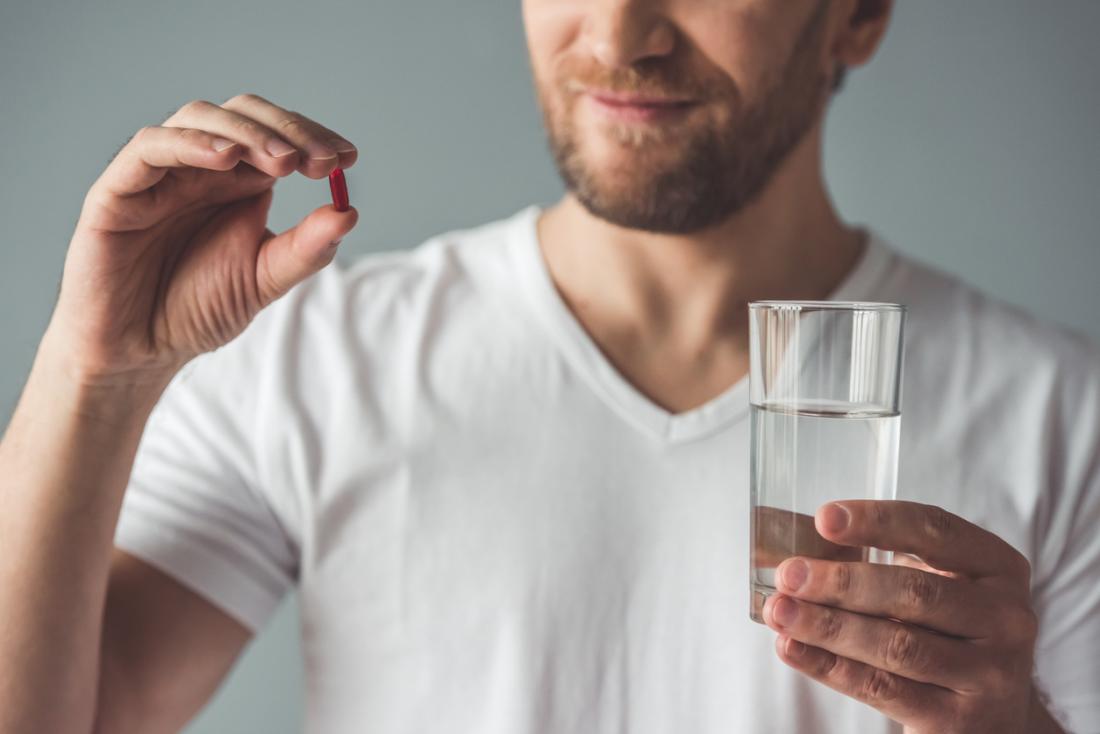Venlafaxine, also known by its brand name Effexor, is a prescription medication that is used to treat depression, anxiety disorders, and panic attacks. It belongs to a class of medications called serotonin-norepinephrine reuptake inhibitors (SNRIs), which work by increasing the levels of serotonin and norepinephrine in the brain. Venlafaxine can be an effective medication for many people who suffer from mood disorders, but it can also cause some unwanted side effects. In this guide, we will discuss the uses, dosage, and side effects of venlafaxine.
Contents
What Is Venlafaxine?
 Venlafaxine is a medication that is used to treat a variety of mental health conditions, such as depression, anxiety, and panic disorder. It belongs to a class of medications known as selective serotonin reuptake inhibitors (SSRIs).
Venlafaxine is a medication that is used to treat a variety of mental health conditions, such as depression, anxiety, and panic disorder. It belongs to a class of medications known as selective serotonin reuptake inhibitors (SSRIs).
Venlafaxine comes in the form of a pill that is taken by mouth. It can be taken with or without food. This medication also helps in treating chronic pain.
Venlafaxine is available as a generic medication and is typically less expensive than the brand-name version of the drug.
What Does Venlafaxine Treat?

Venlafaxine treats a number of mental health conditions such as:
Depression
Venlafaxine is used to treat the major depressive disorder. This medication can help improve your mood, sleep, appetite, and energy level. It may also decrease anxiety and the number of panic attacks.
Anxiety disorders
This medication is used to treat generalized anxiety disorder (GAD). Symptoms of GAD include worrying about a variety of things, such as work or school performance.
Panic disorder
Venlafaxine is used to treat panic disorder. Symptoms of panic disorder include unexpected and repeated episodes of intense fear. These episodes can include physical symptoms such as a pounding heart and sweating.
Chronic Pain
This medication also helps in treating chronic pain. It may also mean that you are able to take less pain medication. This also means that there is a lower risk of addiction and overdose.
Stress
Stress is a feeling that is common in our everyday lives. It can be helpful to have some strategies in place to deal with stress. Venlafaxine may help you feel less stressed. There can be some side effects associated with taking this medication.
How Does Venlafaxine Work?
 Venlafaxine belongs to a class of medications known as selective serotonin reuptake inhibitors (SSRIs). It works by increasing the amount of serotonin, a chemical messenger that helps to regulate mood, in the brain. This medication may help improve your mood, sleep, appetite, and energy level.
Venlafaxine belongs to a class of medications known as selective serotonin reuptake inhibitors (SSRIs). It works by increasing the amount of serotonin, a chemical messenger that helps to regulate mood, in the brain. This medication may help improve your mood, sleep, appetite, and energy level.
This medication also works by blocking the reuptake of norepinephrine, another chemical messenger. This action can help to relieve symptoms of anxiety and depression.
How Is Venlafaxine Taken?
Venlafaxine comes in the form of a pill that is taken by mouth. It can be taken with or without food.
The usual starting dose of venlafaxine for adults with depression is 75 mg per day, divided into two or three doses. The dose may be increased slowly to a maximum of 375 mg per day.
For children and adolescents aged 13 to 17 years, the recommended starting dose is 37.
The maximum recommended dose is 225 mg per day.
Venlafaxine should be taken at about the same time each day.
Tips To Keep In Mind While Taking Venlafaxine

There are some things you should keep in mind while taking Venlafaxine:
- Do not drink alcohol while taking this medication. It can increase the risk of certain side effects.
- If you are pregnant or breastfeeding, speak to your doctor before taking this medication.
- Venlafaxine may cause a decrease in blood pressure. This can cause dizziness or fainting, especially when standing up from a sitting or lying position. Be careful if you are driving or operating machinery.
- This medication may also cause an increase in blood pressure. Check with your doctor regularly to monitor your blood pressure levels.
- If you have a history of bipolar disorder, seizures, or mania, speak to your doctor before taking Venlafaxine.
- This medication may make you more susceptible to heatstroke. Avoid extended exposure to hot weather or sun. Drink plenty of fluids and dress in loose, light clothing when it is hot outside.
- Do not stop taking this medication suddenly, as it can cause withdrawal symptoms. Speak to your doctor about how to slowly and safely stop taking Venlafaxine.
Keep these tips in mind while taking Venlafaxine and you should be able to manage your condition well! If you have any questions or concerns, speak to your doctor or pharmacist. Stay safe and healthy.
Side-Effects of Venlafaxine

There can be many side effects of Venlafaxine. Some of these side-effects are more common than others. The most common side-effects include:
- Drowsiness
- Nausea
- Headache
Less common but more serious side effects can also occur and should be reported to your doctor as soon as possible if they do. These can include:
- Increase in anxiety or agitation
- Suicidal thoughts or behaviors
- Chest pain or racing heartbeat
Dealing With Side-Effects of Venlafaxine

There are many ways to deal with the potential side-effects of venlafaxine. Your doctor may suggest some changes to your dosage, or they might prescribe you a different medication to help counteract any adverse effects. There are also over-the-counter remedies that can help lessen certain symptoms.
If you’re experiencing dry mouth, try chewing sugarless gum or sucking on ice chips. Drink plenty of fluids, especially water, to keep hydrated and avoid constipation. You can also try taking a fiber supplement if you’re having trouble going to the bathroom.
If you’re feeling anxious or stressed, consider talking to a therapist or counselor about ways to manage your feelings. exercise regularly and get enough sleep; these both help to improve mood. If you’re still struggling, your doctor may prescribe an anti-anxiety medication to help you cope.
Alternatives of Venlafaxine

There are many alternatives to Venlafaxine. Some of the popular substitutes are:
Mirtazapine (Remeron) is a tetracyclic antidepressant that is as effective as venlafaxine in the treatment of depression. This is an atypical antidepressant because it does not block serotonin or norepinephrine reuptake as most other antidepressants do. Mirtazapine may cause weight gain, but it is less likely to do so than some of the other antidepressants.
Nefazodone (Serzone) is a unique antidepressant that was introduced in the 1990s. Unlike most other antidepressants, nefazodone does not appear to affect serotonin or norepinephrine reuptake. Nefazodone is as effective as venlafaxine in the treatment of depression. However, people may avoid using it because it can cause liver damage.
Bupropion (Wellbutrin) is a norepinephrine and dopamine reuptake inhibitor (NDRI). Bupropion is unique among antidepressants because it does not appear to affect serotonin levels. This medication is very effective in the treatment of depression. It can also cause seizures in a small number of people.
Trazodone (Desyrel) is an antidepressant that is similar to venlafaxine in its effects on serotonin and norepine reuptake. It is used primarily as a sleep aid, but it is very effective in the treatment of depression. Trazodone can cause sedation and weight gain.
Conclusion
Venlafaxine (Effexor) is a medication that is used to treat depression. It can be effective for some people, but it may also cause some side effects. If you are considering taking this medication, it is important to talk to your doctor about all of the potential risks and benefits. You should definitely weigh the pros and cons of taking Venlafaxine before making a decision. Thanks for reading!
A Word From Therapy Mantra
Your mental health — Your psychological, emotional, and social well-being — has an impact on every aspect of your life. Positive mental health essentially allows you to effectively deal with life’s everyday challenges.
At TherapyMantra, we have a team of therapists who provide affordable online therapy to assist you with issues such as depression, anxiety, stress, workplace Issues, addiction, relationship, OCD, LGBTQ, and PTSD. You can book a free therapy or download our free Android or iOS app.


